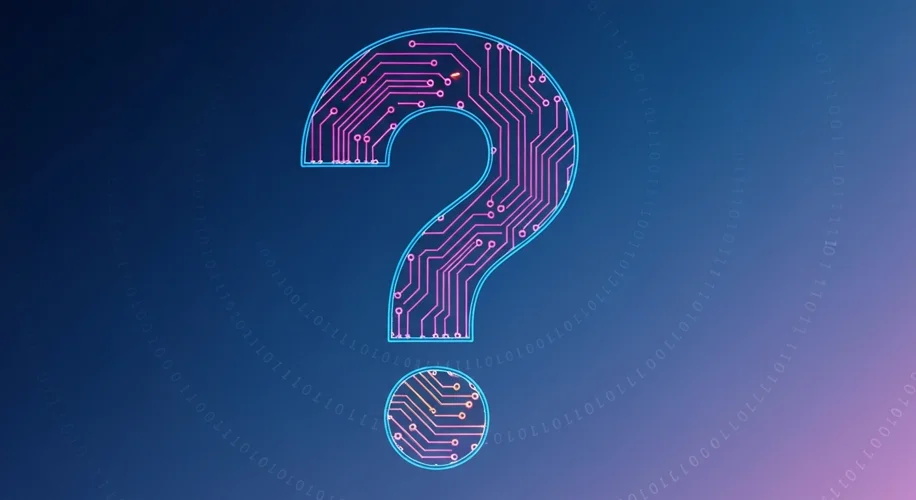Okay, so hear me out… we’re all pretty hyped about AI, right? We see these models acing exams, writing code, even creating art. But how do we really know how smart they are? That’s where AI benchmarking comes in. Or, at least, that’s what it’s supposed to do.
Lately, though, I’ve been seeing a big problem, and honestly, it feels like the whole benchmarking industry might be broken. Let’s dive into why.
The Internet Ate the Benchmarks
Most of the big AI models we use today are trained on, well, the internet. This includes pretty much everything: articles, books, code, and yes, even the benchmark tests themselves. Think about it: if an AI is trained on a dataset that includes the questions and answers from a specific benchmark, it’s not exactly showing off true intelligence when it takes that test, is it? It’s more like it’s memorized the answer key.
This leads to what people are calling ‘benchmarketing.’ It’s not about building smarter AI; it’s about making AI look smarter on specific tests. Scores get inflated because the AI has already seen the questions, often multiple times, during its training. It’s like giving a student the exam questions beforehand and then being surprised when they get a perfect score.
Benchmarks Get Old Fast
AI is evolving at warp speed. What was cutting-edge last year is standard today. Benchmarks are meant to measure progress, but they often become obsolete almost as soon as they’re released. By the time a benchmark is widely adopted, the top AI models might have already been trained on it, skewing the results.
This creates a cycle where developers are incentivized to optimize their models for the tests rather than for genuine, adaptable intelligence. We end up with AI that’s great at answering specific questions but might struggle with real-world, novel problems.
Are We Measuring the Right Thing?
This whole situation makes me wonder if we’re accurately gauging the capabilities of these powerful AI systems. If the tests are flawed, or if the AI is essentially cheating, then the impressive scores we see might not reflect actual understanding or reasoning. We might be celebrating systems that are simply masters of pattern recognition on pre-seen data, not truly intelligent agents.
So, what’s the fix? It’s not simple. We need benchmarks that are constantly updated, more robust, and less susceptible to training data contamination. Maybe we need to focus more on real-world applications and less on standardized tests. It’s a challenge, for sure, but it’s crucial if we want to understand and build AI that’s genuinely beneficial and capable.
What do you guys think? Are we being fooled by AI’s test scores? Let me know in the comments!

